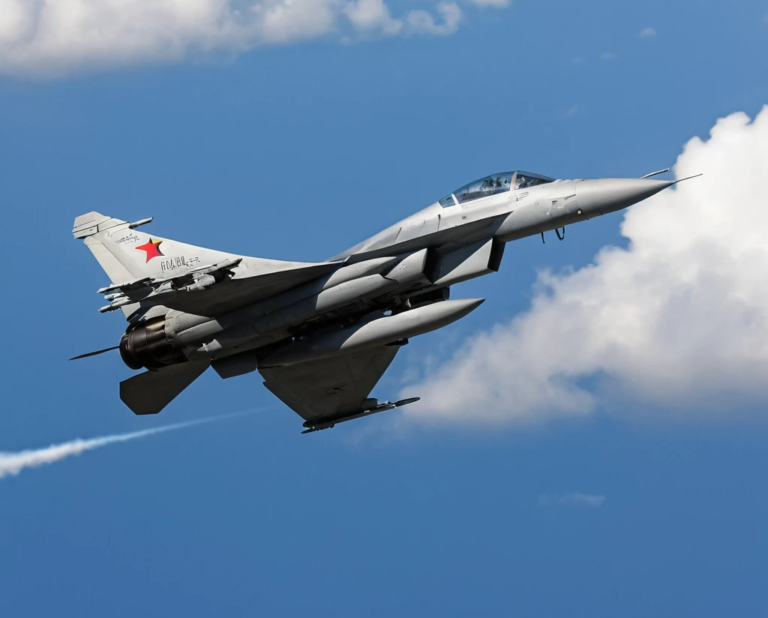
April 25, Rome, Italy
Iran has offered the United States an interim agreement on its nuclear programon its nuclear program
Iranian Foreign Minister Abbas Araghchi told US Special Representative for the Middle East Steve Witkoff in Rome during the negotiations that a final nuclear agreement would be signed within the 60-day window suggested by President Trump for a temporary agreement.
The proposal, made by way of backchannel diplomacy, comes at a time of heightened tension over Iran’s nuclear program following the 2018 US withdrawal from the Joint Comprehensive Plan of Action (JCPOA).
The regime in Tehran has ramped up its enrichment activity, causing global concern over an incipient weapons-grade capability.
Washington has not yet responded, but there have been initial signals of interest from US officials, who insisted that the agreement would have to include verifiable restrictions on Iran’s nuclear program. “We are happy to engage in diplomacy, but not at the expense of security,” a State Department official said.
Trump has placed the 85-year-old supreme leader on a two-month deadline to reach a deal on Iran’s nuclear program. The president said he had phoned Khamenei to make a direct offer of negotiation.
“We can’t let them have a nuclear weapon. Something is going to happen very soon. I would rather have a peace deal than the other option, but the other option will solve the problem,” said Trump.
The letter was handed personally through diplomatic means to the UAE President, Mohammed Bin Zayed, by a US special envoy to the Middle East, Steve Withkoff, before it was handed to Iran.
No one knows when months deadline began. Khamenei labeled Trump’s letter “a deception” aimed at portraying Iran as reluctant to bargain. Iran’s UN mission then clarified, however, that Iran was prepared to negotiate but under some conditions.
If agreed, the temporary accord might be a way of building confidence while allowing time for new negotiations on a more comprehensive arrangement. Hardliners in both countries are expected to resist any concessions.
The step would open the door to new multilateral talks between European and regional partners and is the most important diplomatic gesture in months.
The draft interim deal between the U.S. and Iran signals a potential thaw in a long-deadlocked nuclear standoff. While official denials and regional opposition persist, the backchannel talks reflect a growing urgency on both sides to avoid further escalation. Whether this leads to a renewed diplomatic path or collapses under political pressure remains to be seen, but the door to dialogue is, at least for now, slightly ajar.




